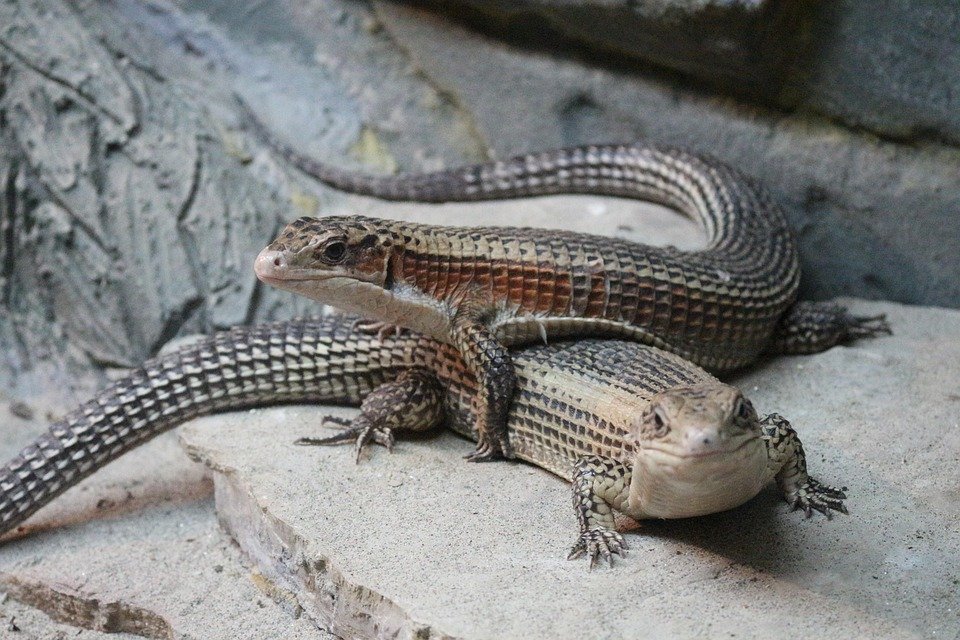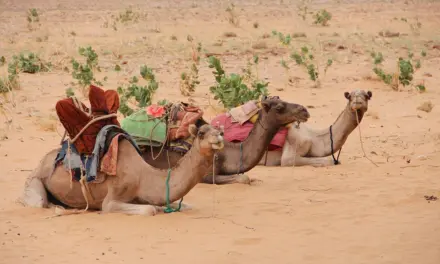When most people hear “Sudan," images of vast deserts, ancient pyramids, and the mighty Nile River may spring to mind. What many don’t realise, however, is that Sudan offers travellers a range of extraordinary experiences well off the beaten path. It is a land steeped in history, with a cultural richness that rivals better-visited destinations. Whether you’re an intrepid adventurer, a history enthusiast, or simply curious about exploring a unique destination, travelling to Sudan promises surprises you won’t encounter elsewhere.
In this comprehensive guide, we delve into some fascinating facts about travel in Sudan, offering practical tips and insightful observations to help you unlock its treasures. From its mesmerising archaeological sites to the warmth of its people, this article explores every angle in a conversational, engaging manner. Strap in for a journey like no other.
Sudan: A Rich Tapestry of Civilisation
Sudan, officially known as the Republic of the Sudan, is often overshadowed by its northern neighbour, Egypt. But travel enthusiasts will be excited to know that Sudan boasts a history just as deep and layered. Located in northeastern Africa, it is a country shaped by the confluence of the Blue and White Nile rivers.
1. Home to More Pyramids Than Egypt
That’s right! Sudan is home to over 200 pyramids—more than double the number found in Egypt. The ancient Nubian Kingdom of Kush, which existed around 2500 BCE, built many of these structures. The Meroë Pyramids, located in the desert near the Nile River, are a UNESCO World Heritage Site and remain delightfully free from large tourist crowds. Unlike the overwhelming scenes at Giza, here you’ll often feel like you have the entire site to yourself—a dream come true for history aficionados.
Why visit Meroë?
The Meroë pyramids are not just beautiful but also unique in design. Unlike their more famous counterparts in Egypt, these pyramids are smaller, with steeper angles. The site provides an unparalleled opportunity to learn about the Kushite kings and queens who ruled this region during ancient times.
A Warm Welcome: Sudanese Hospitality
Sudanese people are universally praised for their warmth and friendliness. Hospitality is deeply ingrained in the culture, and visitors frequently experience acts of kindness that leave lasting impressions.
2. Tea Time with Locals
One of the most delightful traditions you’ll encounter is the ritual of tea. Across Sudan, locals brew tea over charcoal stoves, and it is often flavoured with spices like cinnamon or ginger. The humble roadside tea spot becomes a space of connection, where strangers laugh, share stories, and welcome travellers with genuine warmth.
A tip for travellers: Always say yes when invited to share a cup of tea—it could be the start of an unforgettable cultural exchange.
Natural Wonders Beyond the Desert
Sudan’s landscapes are much more diverse than commonly thought. While the vast Sahara dominates the country’s image, there are other stunning natural features that beckon the adventurous traveller.
3. The Meeting Point of the Nile
Khartoum, Sudan’s capital, is where the Blue Nile and the White Nile converge—a spectacular sight for geography enthusiasts. The two rivers create a clear distinction in water colour, which is remarkable when seen from above.
By taking a river cruise or walking along the banks, travellers get a glimpse of this natural phenomenon while also exploring Khartoum’s vibrant culture and bustling markets.
4. Sudan’s Red Sea Coast
Did you know that Sudan also boasts a pristine coastline along the Red Sea? This is one of the country’s hidden gems. With untouched coral reefs, Sudan’s underwater world is a paradise for snorkellers and scuba divers.
Where to Go: The town of Port Sudan offers access to some of the best diving sites, including Sanganeb Atoll and Sha’ab Rumi. Here, you’ll discover thriving marine ecosystems, colourful schools of fish, and even shipwrecks.
Pro Tip: The Red Sea in Sudan is largely unexplored compared to Egypt’s popular resorts like Sharm El-Sheikh, meaning you’ll enjoy unspoiled underwater adventures.
Cultural Dynamism and Tribal Heritage
Sudan is a melting pot of cultures, with over 500 ethnic groups and 100 languages spoken. Each group contributes to the country’s vibrant traditions, music, and art.
5. Nubian Villages
Nubia, located in the northern part of the country, is a region famed for its rich cultural heritage. Nubian villages are known for their distinctive architecture featuring colourful murals and symbols. Their people have preserved unique customs and traditions that offer a glimpse into an ancient way of life.
Travellers can visit these peaceful communities, learn about Nubian history, and even stay in traditional guesthouses, gaining an authentic glimpse into daily life.
6. Festivals Bring Sudan to Life
When to visit Sudan? Timing your trip around one of the country’s festivals is the best way to experience its lively culture up close. The Sufi Dervish Ceremonies in Omdurman occur weekly and involve mesmerising whirling dances and spiritual music.
For those with an interest in camel culture, the Nubian Wrestling Festival and the Corinth Camel Festival (near Kassala) are two events not to miss.
Sudan: Practical Travel Tips for the Adventurer
7. Visa and Entry Requirements
Travelling to Sudan requires preparation. Most visitors need a visa, and while the process can sometimes be a little complicated, it’s worth the effort. Ensure that your passport is valid for at least six months and confirm visa requirements for your nationality in advance.
Pro-Tip: Avoid having Israeli stamps on your passport as it may prevent entry.
8. Weather to Expect
Sudan is largely arid, with scorching hot summers and milder winters. If you’re not accustomed to extreme heat, time your trip between November and February, when the weather is cooler and more comfortable.
9. Food in Sudan
Sudanese cuisine is a fusion of Middle Eastern, African, and Nubian flavours. From foul medames (fava beans) to kisra (sour flatbread), the food is hearty and comforting. Don’t leave without trying aseeda, a porridge-like dish served with accompanying stews.
Local Tip: Meals are often shared, emphasising family-style dining and communal bonding.
Responsible Travel in Sudan
Sudan is a developing country, and while tourism is welcome, it’s important to ensure your travel approach is sustainable and respectful.
10. Support Local Businesses
Opt for local tour guides and family-run accommodations. Not only does this help the economy, but it also provides you with a richer and more meaningful experience.
11. Photography Etiquette
Be respectful when taking photos, especially of people. Always ask for permission, as some locals are sensitive about being photographed. Additionally, avoid taking pictures of government or military buildings due to security concerns.
Suggested Itineraries
- 3 days in Khartoum: Explore the National Museum, witness the confluence of the Niles, and visit Omdurman Market.
- 7 days in Northern Sudan: Marvel at the Pyramids of Meroë, the ancient city of Napata, and Nubian villages.
- 15 days in Sudan: Combine the cultural highlights with the Red Sea coast for a complete adventure.
FAQ Section About Travelling in Sudan
1. Is Sudan Safe for Tourists?
Sudan is considered safe for most travellers, but due diligence is important. Always stay informed about local conditions and avoid areas experiencing political unrest.
2. What are the top attractions in Sudan?
The Meroë Pyramids, the Red Sea Coast, the confluence of the Niles in Khartoum, and Nubian villages are absolute must-see locations.
Visiting Sudan is an eye-opening journey that challenges your preconceptions while exposing you to one of Africa’s most extraordinary destinations. Whether you’re exploring ancient pyramids, soaking in Nubian culture, or diving in the crystal-clear waters of the Red Sea, Sudan offers a unique brand of adventure.
Ready to take your travel off the beaten path? Start planning your adventure to Sudan today! For in-depth assistance, connect with Nihosi Travels & Tours (www.nihositravels.com) and craft an unforgettable itinerary.











Subscribe To Our Newsletter
Join our mailing list to receive the latest news and updates from our team.
You have Successfully Subscribed!